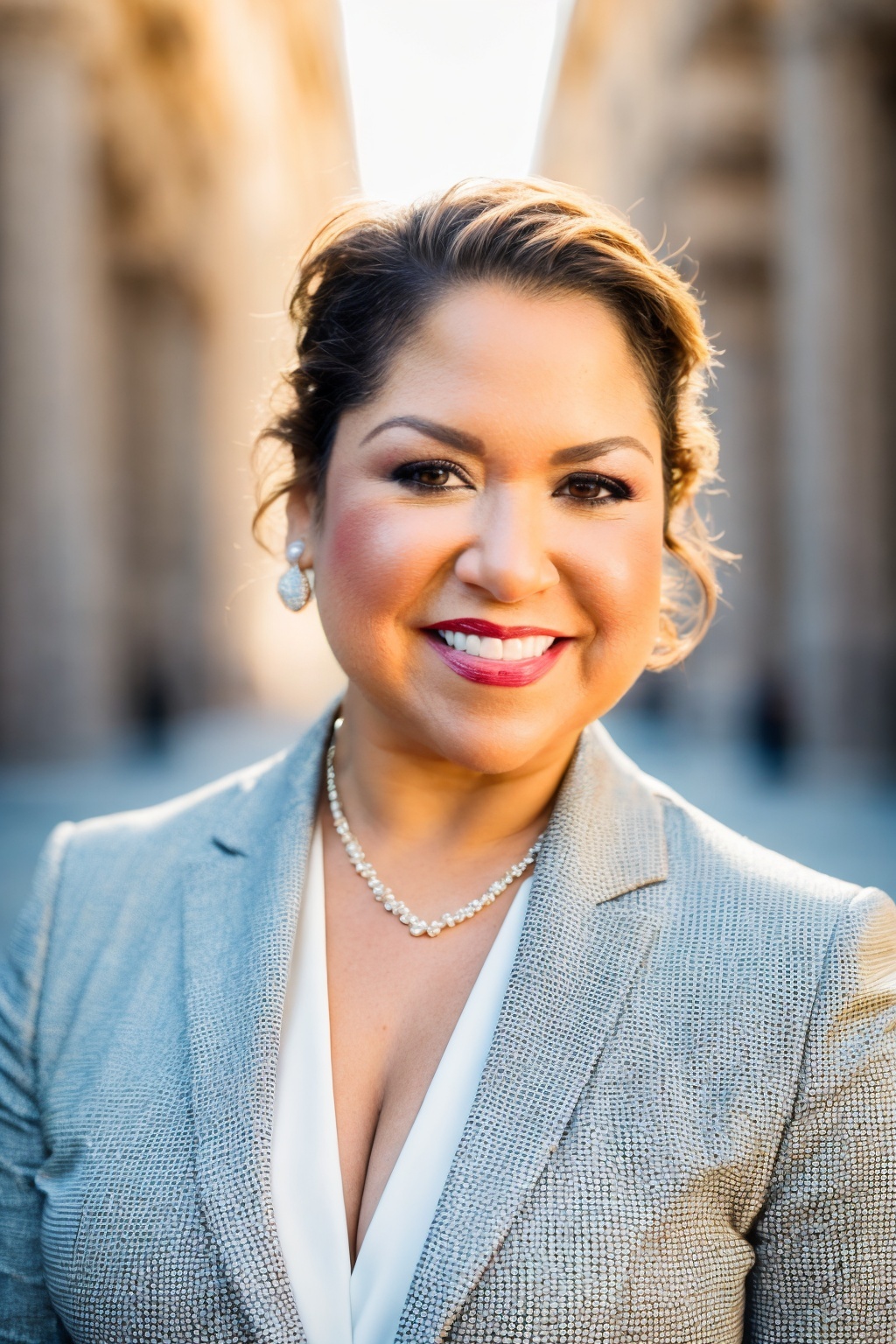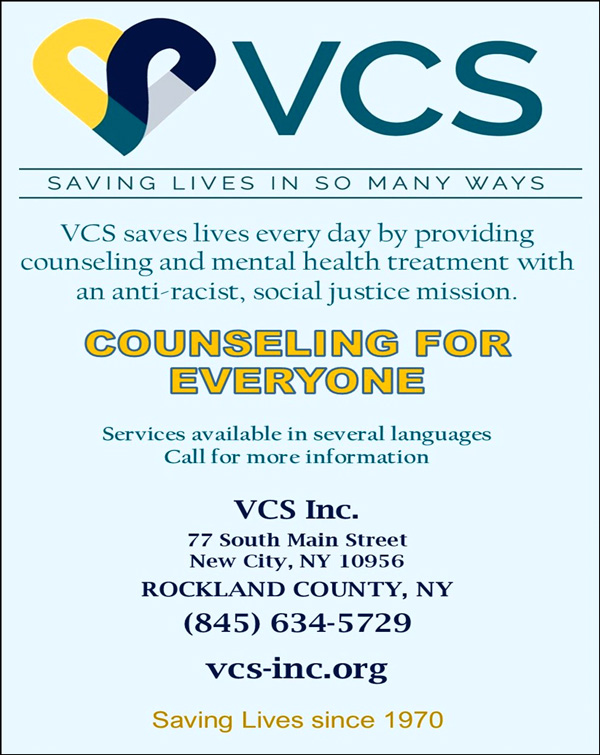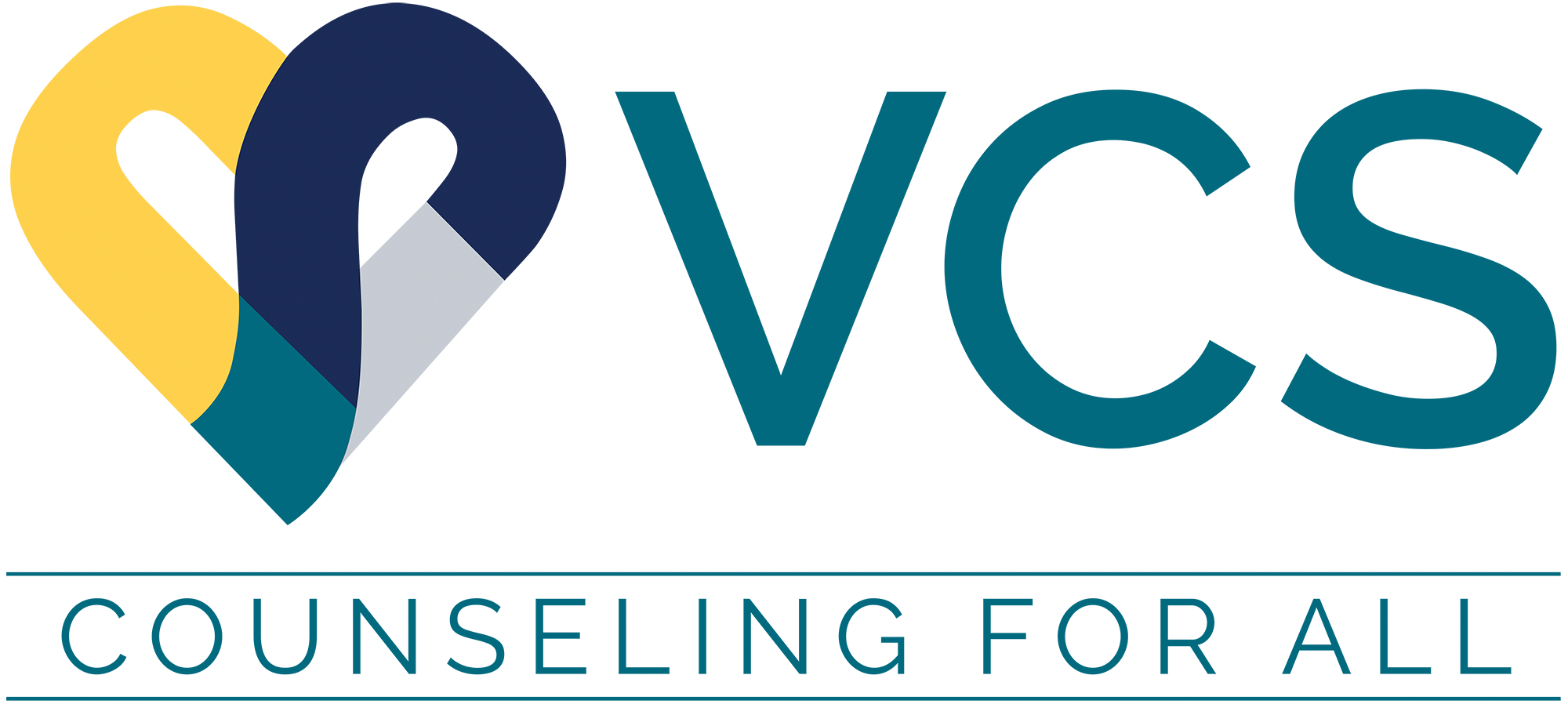
I am a Social Worker. I am also a mom of an adult child with SMI, specifically bi-polar disorder. My child is 23 and I pray that she welcomes God into her life. That’s the mom in me talking. As a social worker, I want her to get a job, find a great partner who will love her, and become as independent as she possibly can. I am one person with 2 perspectives that can easily send me into a tailspin. My two perspectives are not objectively insulated from each other and so they both tire me out equally, regularly leaving me doubly burned out.
My daughter started to experience an escalation in behaviors at around 8 years old. Since that time, I’ve been in hyper-acceleration mode to get her all the interventions at my disposal. I contacted people I knew professionally, from psychiatrists, peers, social workers, nurses, etc. to find that magical combination of resources that would, I’d hoped, set her on a recovery path. I know that I was trying to save her from a future that I saw every day in so many. I obtained for her psychiatrists, social workers, Waiver services, PINS, School Resource Officer home visits, therapeutic school placements, peer services, tutors, employment support, drivers’ education twice and in the end when academic success was faltering, finally, trade school. Almost none of these were successful.

Ruth Colón-Wagner LMSW
CEO / Executive Director
My daughter participated in each intervention only because she had no choice. As she got older, my influence and authority over her waned until it eventually stopped like a deer in headlights. She said “no” and meant it. Now, self-direction is what we as professionals strive for with the people with whom we work. However, as a mom, I knew she was lost. And I believed she needed me despite not wanting me.
During those tumultuous years, I received a lot of support from my coworkers, all professional in one discipline or another. I sought out therapy for myself once I realized the immense stress I had been experiencing. Despite this, no one truly understood. They responded as I had… “Get her services.” When I explained what I was going through or specific events that transpired, people were dumbfounded. Over time, I came to understand that I needed more than their ear or their recommendations. I had done all of the tasks in the list. I’d tried what I thought would work and then tried things I was skeptical about just in case. In the quieter moments I’d talk and talk with her and tried to reason with her to help her look at her decisions and her situation. Reasoning remained elusive and decisions so often came out of crises.

So, how does one know better to do better and help families with these similar experiences? To help families, yes, it’s important to listen. I wasn’t lacking listeners at all and most of all I had people telling me what to do from a professional perspective. What I think I’ve learned in retrospect is that what I truly needed was another mom to connect with: specifically, a mother with similar challenges. Does this need to be a formal support group, or would a peer relationship be enough? Not having had it myself, I wouldn’t be able to prescribe the “service” behind what I needed but I knew in my bones was that something was terribly wrong in my daughter and my relationship. I felt that I needed to put “me” first, but everyone knows that “A mother does not do that!” Judgement abounded in my head and my heart ached with this internal battle. One day I made a terrible decision; I threw her out of the house. I told myself that I was holding firm to the rules of our house and when it became possible, I helped to be sure she had again the supports and resources she needed. But I would be lying if I didn’t tell you that it was terrible for both of us. But over time, freed from the day-to-day struggle for safety and control, I began to heal. I felt that we both did.
We began to patch up our relationship and I felt growing hope. But, again, this didn’t last very long.
As a professional, I can look to her diagnosis as the main culprit here causing the ebb and flow of our interactions against the ebb and flow of her perceptions of the world, but over time, I know that she and I have a very fractured relationship that isn’t just because of her SMI. And even though I was there, I will never get a chance to redo her childhood; to wish her mental illness away; to find her that magical intervention… even though I still do have that wish.
I am left asking “Is she too fractured, or am I?” When I think about it, she and I shared some of the same traumas but each of us from very different perspectives: one person living with mental illness and its unbalancing influences and the other forcing treatment on her to try and construct the mental and social structures she lacked.
Is it my decision to find a path to heal or is it hers? If she says “no”, can I still have my “yes?”
My trauma becomes drama to the many who do not understand because they do not share the pain. To this day, I find myself connecting with moms with the same challenges. There is something magical when two moms who share similar experiences get together! When you find yourself saying, “Yeah” and “Oh, I had that too!” Of the moms I’ve connected with, some still have their children at home and others do not. Some have also seen the back end of the trauma and are recovering themselves. This gives me hope. I also believe that others have found hope in what I’ve shared. I’ve come to believe that it is this mutual sharing that is most important for my ongoing healing and possibly the source for some new idea that would light a new path to my family’s future that I’d never have found on my own.
The social worker in me has hope for my daughter’s recovery because every person has the potential and resilience to find a recovery path, and, on a good day, the mom in me feels the bright rays of hope fill my heart as I detect the little signs that progress is being made and her decisions are leading to new possibilities. It is there that my two perspectives can finally converge. I can walk into this day with the belief that my daughter will heal and that she will find her path to recovery.
Ruth Colón-Wagner, LMSW, is CEO and Executive Director of VCS Inc. For more information, email rcwagner@vcs-inc.org.
